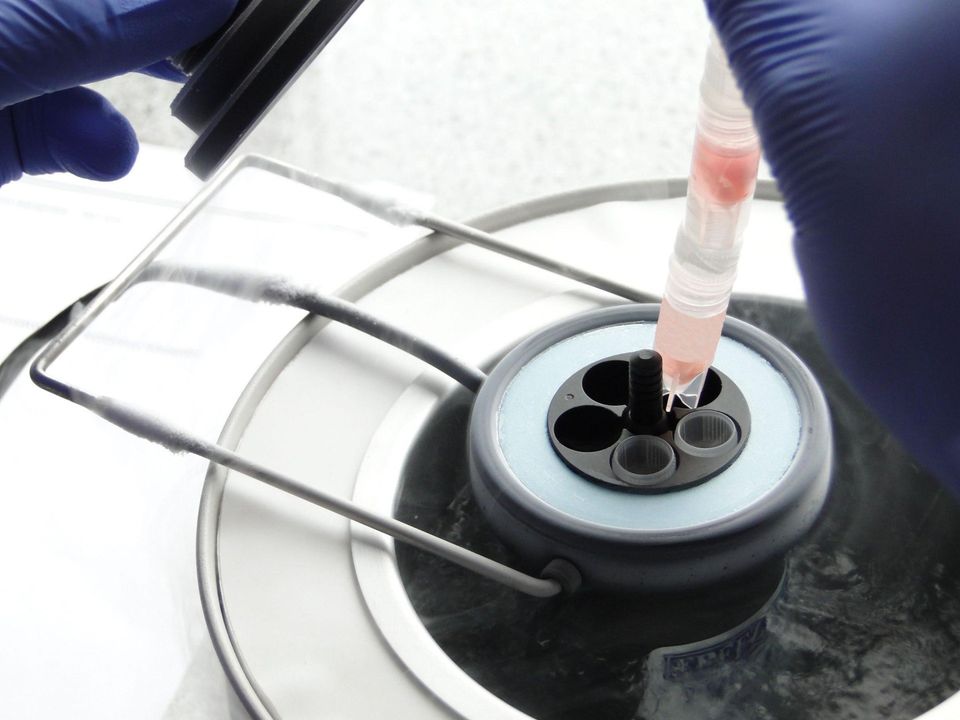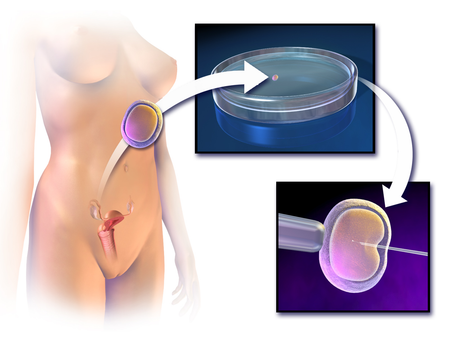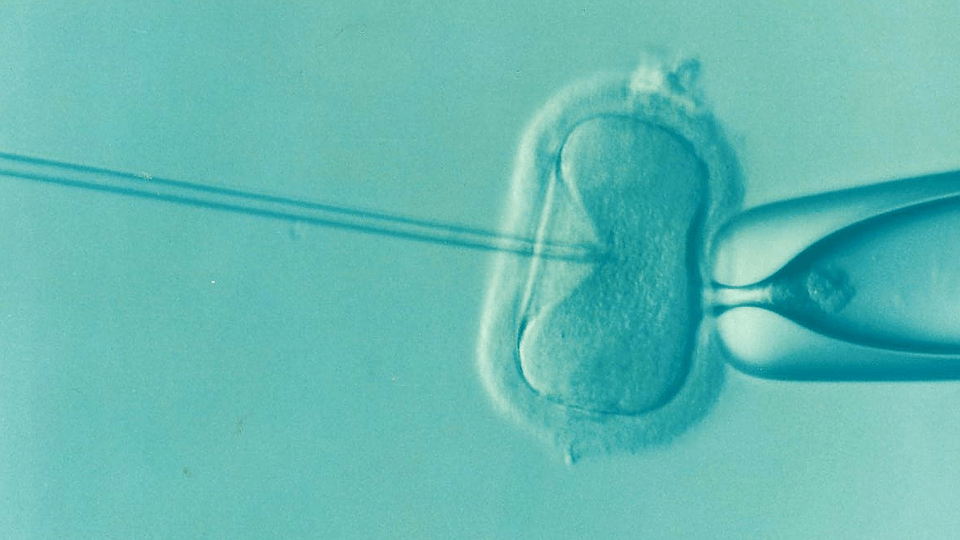What is egg freezing?
Freezing eggs is medically known as oocyte cryopreservation. It is the procedure in which a woman's eggs are extracted, frozen and preserved to retain their ability to reproduce at a later age.
Freezing eggs has gained popularity among many young women that want a chance of motherhood later in life. Below are a few reasons why women freeze their ovum, as well as things to consider if you decide to freeze before IVF.
Factors that have a bearing on freezing eggs
Personal and career goals
Many young women opt to freeze their eggs so that they can focus on their personal or career aspirations. If you want to postpone child-bearing for this reason, it is advisable to consider this at an early reproductive stage.
Cancer diagnosis
If you have been diagnosed with cancer, you may want to give thought to freezing your gamete. Cancer treatments are known to make most people sterile. Thus, it is recommended that you freeze your eggs before beginning chemotherapy or radiotherapy.
Family history of fertility issues
If you have a family history of:
- Premature menopause
- Untimely ovarian failure
- Fibroids
- Other fertility issues
It is worth freezing your ovum at a young age.
When to freeze your eggs
We recommend that you freeze your gamete in your 20s or early 30s. This is because your reproductive capacity is at its best in these years. Top-quality eggs are most retrievable at this age.
The Process
Ovarian reserve estimation
The first step is an ovarian reserve estimation. The doctor will examine your ovarian reserve to predict the supply of eggs. This may be carried out by blood tests and a pelvic ultrasound.
Ovarian stimulation
The second stage is ovarian stimulation with 15 days of hormone injections.
Egg retrieval
Egg retrieval is the third stage. Whilst being tranquillized, eggs will be taken through the vagina.
Assessment
Doctors will assess your eggs' maturity with a microscope. The top-quality ones are singled out for freezing.
Vitrification
In this final step, eggs are immediately chilled with liquid nitrogen, which puts them in a similar state for use any time later.
How long can eggs remain frozen?
At present, there is no limit to the number of years in which eggs can remain frozen. Doctors have affirmed that long-term freezing does not harm or lessen the quality of germ cells. You would do well to keep in mind that the majority of clinics charge yearly for egg storage, so storing them for a long duration would mean you will pay more.
Possible side effects
Like all medical treatments, egg freezing has some side effects that you need to be aware of. These include:
- Infection
- Ovarian hyperstimulation syndrome (OHS)
- Bleeding
However, these risks are low and uncommon.
Success rates
Many fertility experts have reported better results in IVF cycles with frozen seeds and frozen embryos. This is because freezing eggs offers them complete control over the lining. Nonetheless, we recommend that you consult your doctor to know how likely you are to conceive with frozen eggs before planning IVF
Still Not Sure About Freezing Eggs?
Ask us a question about this process. It's an overwhelming topic, and you should feel like you understand how freezing eggs works before making a decision. Reach out to us and we'll gladly answer any lingering questions you have.








